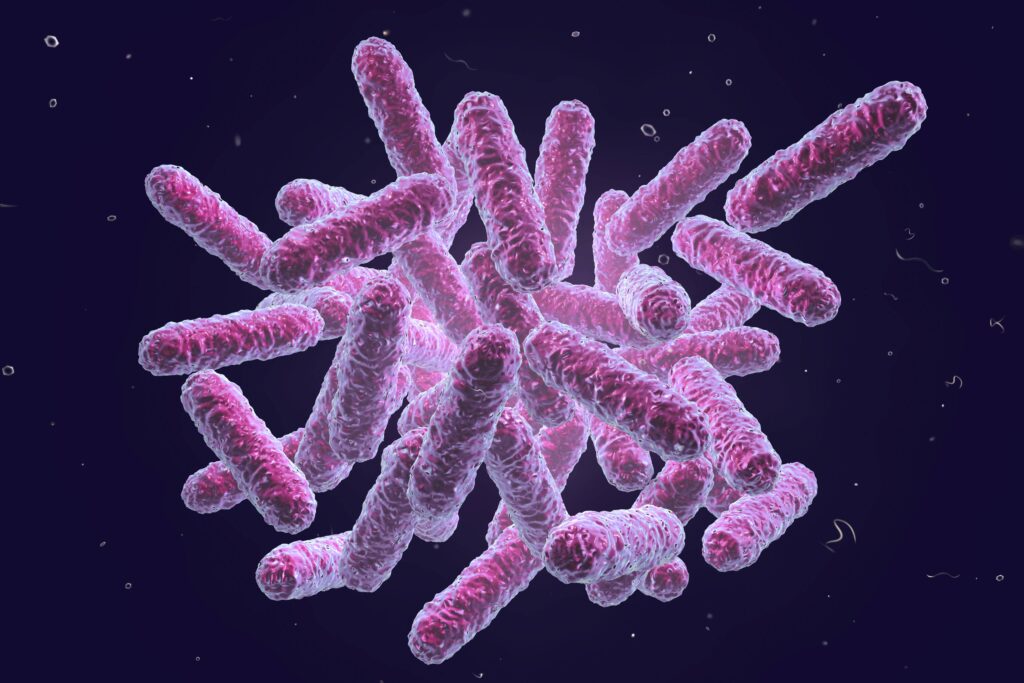- Bacteria samples taken from the ISS analysed by NASA showed they had mutated to be distinct to what is found on Earth
- Human-built closed environments with unique conditions like the ISS mean microorganisms have to adapt to thrive
- Research contributes to understanding of pathogens and how to keep astronauts healthy

In what sounds like the basis for a sci-fi horror movie, NASA has said that it has found mutant bacteria living in the International Space Station (ISS).
In a press release, NASA says that 13 strains of Enterobacter bugandenis – a bacterium notorious for being multi-drug resistant – were isolated from the ISS by NASA scientists, led by Dr Kasthuri Ventakeswaran from the Jet Propulsion Laboratory. In the study, researchers found that, under stress, the ISS isolated strains were mutated and became genetically and functionally distinct compared to their counterparts back on Earth.
Enterobacter bugandenis was discovered in 2018 and is primarily found in the gastrointestinal tract, and has been reported to possess pathogenic traits, which can lead to infections, according to BioMed Central.
The study noted that the strains were able to viably persist in the ISS over time in abundance. They also coexisted with multiple other microorganisms and, in some cases, could have helped those organisms to survive.
Closed environments that are built by humans, such as the ISS, are unique and provide extreme environments not found elsewhere – including microgravity, radiation and high levels of carbon dioxide – which mean that any microorganisms present have to adapt to thrive.
The research, published in the journal Microbiome, aims to help the genetic evolution of pathogens and how to keep astronauts healthy while they are in space.
It should be noted that there is no indication that the mutant strains pose any threat to us on Earth.